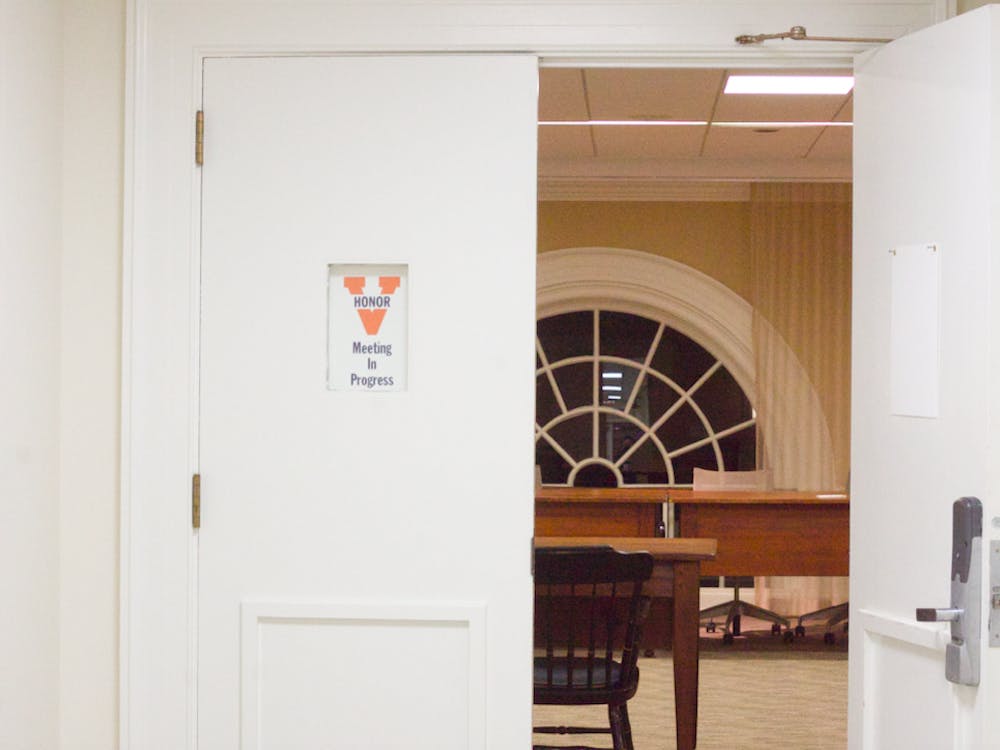The U.S. is rife with paradoxes. It was founded on a series of liberal principles, yet it ceaselessly revokes freedoms from the nonconforming and underprivileged. It boasts of a fluid and exceptional social mobility, yet its laws perpetuate a culture of inheritance, inequality and general selfishness. Its fingers supposedly extend toward the ideal of “democracy,” yet its eyes are now clouded by a regime of ignorant authoritarianism.
It is difficult to pinpoint the direct causes of these paradoxes. Scholars and activists are adept at politicizing key issues that arise from them (e.g. mass incarceration, campaign finance, the Electoral College), but few step backwards and consider the transcending forces of American culture that continue to cultivate misery — regardless of the policies enacted. Undoubtedly, it is important to wring out every last drop from our citizens to fix short-term issues. Yet, it may also be valuable to consider the larger factors in play and question the lengths to which the masses will go to reform them. For this reason, I contend the driving force of American plight is not the free market, nor is it the clash of regional values or the structure of our quasi-federal government; it is the American family — the culture of decentralized guardianship that necessarily breeds context-based inequalities.
In American society, disadvantage (or the lack thereof) begins at birth. Children do not have a choice over the context in which they are raised; our biology mandates direct, omnipresent guardianship for at least the first decade of our lives, and our education system — for better or worse — extends that necessity to the second decade as well. As a result, children spend their formative years in wildly different economic and social situations, which, according to a vast body of academic research, have a strong correlation to quality of life and success in the future.
A classical liberal (i.e. “fiscal conservative”) may contend these inequalities are beneficial to society, creating a breeding ground for innovation and economic productivity. I do not dispute that. However, I ask this side of the fiscal political spectrum to take a leap of faith; what if American society could preserve its formidable level of inequality — of economic freedom — but do so within a more merit-based system? That is, what if the context of one’s “nurture” was phased out from the equation and “nature” played the near-exclusive role in determining success and stratification?
Such a society likely necessitates an extension of government into the space of “universal public education;” the major burdens of childrearing would need to be placed in the hands of an expansive bureaucracy. While this notion is suspect among both Republicans and Democrats, I believe that its costs will be dwarfed by its benefits. Deferring childrearing responsibilities to the public sphere eliminates the inefficient aspects of decentralized childcare, including its disproportionate costs on the lower and middle classes. It also eliminates the tragedies and hardships experienced during youth that create motivational (i.e. productive) disadvantages. Lastly, it facilitates a more rational system of societal division — one in which those who excel in school are not the wealthiest or the most well-fed or the most comfortable, but those with superior natural intelligence and social skills that are cultivated in an environment of contextual sameness.
The process of phasing out families is complex, and detailing the implementation of such a policy requires more space to discuss. Undoubtedly, we should consider the consequences of a vast government structure overseeing education, so that free thought and free expression can be preserved. Moreover, legislators should consider whether childrearing should be conducted exclusively by the state, as opposed to providing parents with a choice to forgo their responsibilities; I envision a slow process that begins through volunteers, but slowly grows by virtue of a vast reshaping of American culture.
In my eyes, if our population can agree on the link between context and success (and the fact that it is unfortunate and inefficient), then seeking to implement a non-family (or other context-eliminating) model is a logical next-step. Once such a model is implemented, I believe that political polarization will no longer augmented by the “nature versus nurture” argument, and equality of opportunity will be a precursor to (rather than an objective of) public policy.
Ryan Gorman is an Opinion columnist for the Cavalier Daily. He may be reached at r.gorman@cavalierdaily.com.





